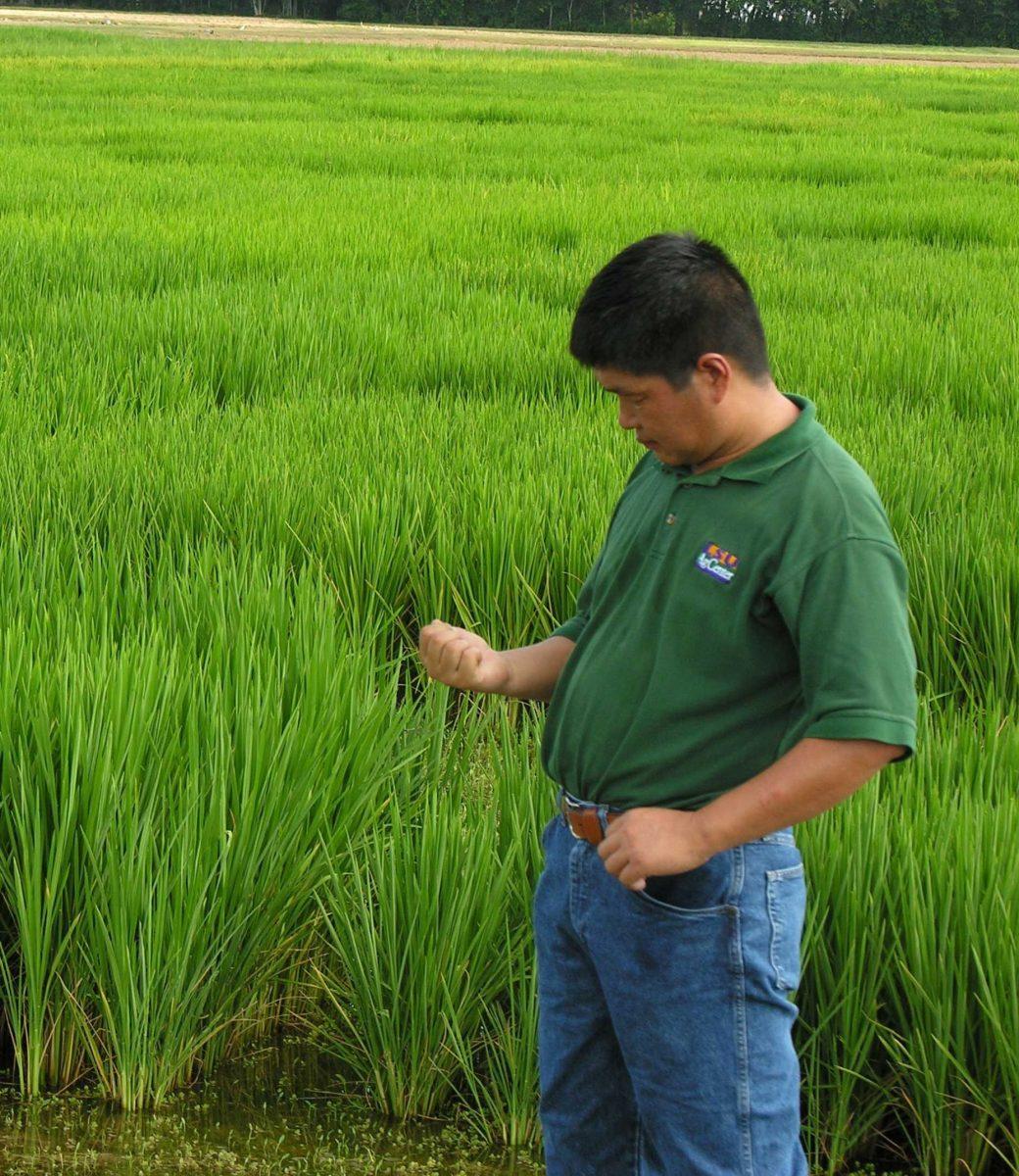The LSU AgCenter approved a new domestic strain of aromatic rice in December, which will serve as a U.S.-grown alternative to imported rice from Asia.The new variety, named “Jazzman” by the AgCenter’s Rice Research Station in Crowley, will give Louisiana farmers the ability to compete with imported Asian jasmine rice, an aromatic variety popular in Asian cuisine.Clarence Berken, USA Rice Council Chairman and Louisiana rice grower, said Jazzman was the “key to regaining market shares from Thai jasmine imports.”Xueyan Sha, AgCenter rice breeder who developed the strain, claims imported aromatic rice makes up to 8 percent of total rice consumption in the United States. The average American consumes 26.01 pounds of rice annually, according to a 2001 USA Rice Federation report. At current prices, this means Americans consume about $1.4 billion of aromatic rice each year. “If we can capture some of the niche market, we can help Louisiana rice growers,” Sha said.Asian imports dominate the niche market for aromatic rice. “Prior to this, we didn’t have a U.S.-adapted variety,” said Steven Linscombe, director of the AgCenter’s Rice Research Station. “It will help the rice producers of the state,” he added.Aromatic rice gives off a distinctive aroma and cooks softer and stickier than other varieties. Sha and his colleagues spent 12 years selecting these characteristics. He originally crossed a Chinese aromatic variety with a domestic strain from Arkansas in 1996. It’s not a mimic of the Thai jasmine variety, he said. Rather, the new strain combines the desirable qualities of the aromatic strains with the hardiness of domestic strains. Sha said he detected “a need for something that can be grown domestically.”The AgCenter will begin creating a stockpile of foundation seed for distribution to Louisiana farmers. Linscombe said it takes several years to develop an ample supply of seed once they approve a new strain.Berken said he thinks the new variety will be successful competing with Asian imports because Jazzman will carry the “Grown in the USA” logo from the USA Rice Federation. Berken explained domestic rice growers must adhere to strict growing regulations and cannot use certain chemicals. Most Asian countries have not made information on their regulations available. “It’s real tough to get that kind of information,” Berken said. —-Contact Matthew Barnidge at mbarnidge@lsureveille.com
AgCenter develops rice strain to fuel La. economy
January 13, 2009




